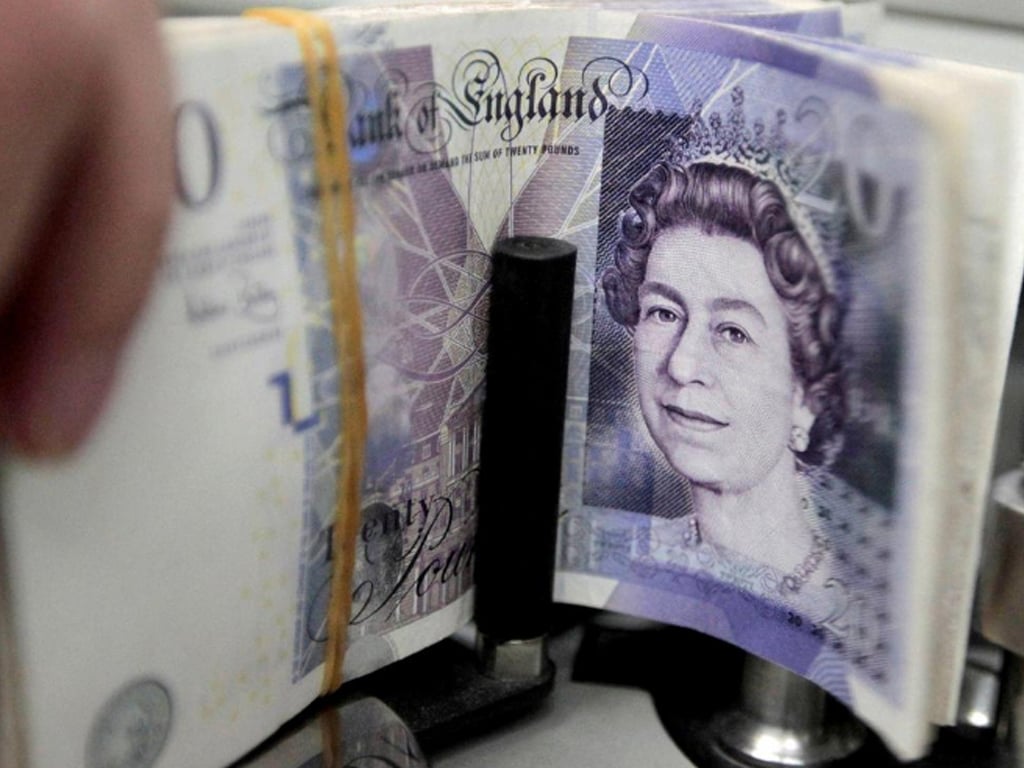LONDON: Sterling slipped on Friday against the dollar, and headed for its worst week in a month, as investors sought safety in the greenback amid concerns over rising COVID-19 cases globally.
The pound fell 0.3% against the dollar to $1.37915, its lowest in a week. Despite briefly breaking into positive territory it was poised for a weekly loss of 0.8%, which if sustained would be its worst since mid-June.
The US dollar gained 0.1% against a basket of currencies .
Solid US data and a shift in interest rate expectations after the Federal Reserve in June flagged sooner-than-expected hikes in 2023 have lent support to the greenback.
That has dampened sterling despite signs of a hawkish turn at the Bank of England (BoE), where two rate-setters have this week mooted an early end to its bond-buying programme because of sharply higher inflation. “We are getting a change in tone from some MPC members, but we are still some way off a change in policy,” said Dean Turner, economist at UBS Wealth Management, referring to the BoE’s monetary policy committee.
“As momentum switches in favour of the dollar, it will be hard for sterling to make much headway.”
Turner said the pound was more likely to appreciate against the euro, given the BOE’s more hawkish stance compared with the European Central Bank, whose recent strategy review may force it to even extend asset purchases.
However, by 1207 GMT the pound had weakened marginally against the euro to 85.52 pence, moving further away from 3-1/2-month highs hit earlier this week.
Analysts said the pound was also under pressure from concerns about the spread of the COVID-19 Delta variant and from Britain’s looming end of fiscal support measures such as the job furlough scheme that winds down in September.
Britain is reporting almost 50,000 infections a day, even though all COVID-linked activity curbs will be lifted on Monday.
“COVID cases are surging and the impact on the economy could prove more considerable than expected,” MUFG analysts wrote in a note. “The job furlough scheme unwind could therefore be more disruptive than expected.”























Comments
Comments are closed.